Martyrs of El Salvador: “Meeting” Martín Baró, S.J.
BY GUEST BLOGGER | May 30, 2014
written by: Catherine M. Mifsud, MA | University of San Francisco ’01, CEO and Co-Founder of Strada Leadership
In the Spring of 1998, I sat in a classroom on the fourth floor of Campion Hall on the campus of the University of San Francisco. I was a Freshman in college and enrolled in a Christology course. As part of our class requirements we read from Jesuit priest, Jon Sobrino’s work Jesus in Latin America. It was my first introduction to liberation theology and the civil war that had raged in El Salvador in the 1980s and early 90s. However, it would not be until about eighteen months later that I would “meet” Ignacio Martín-Baró, SJ.
In my Senior year at USF, I sat in Saint Ignatius Church on a typical foggy San Francisco November evening. For our student mass that night, we concluded our liturgy with a procession up to the small garden created in memory of Father Martín-Baró. On that night we would remember the eleventh anniversary of the brutal killings that took place in San Salvador. On that night with candles, crosses, and black and white photographs of these men and women, we would pray for a greater understanding of how we could be instruments of peace and work for justice. On that night we would remember their life’s work that eventually led to their death.
I believe that during that candle light prayer service, I along with my classmates realized that our Jesuit education was more than just papers and requirements. Our Jesuit education made us responsible for continuing the mission of these men. I know that it made me acknowledge the duty I have to seek out the injustices present in our world and work in my way to give voice to the voiceless. By remembering these modern martyrs we can create in our students an awareness of how they must also strive to work for justice.
In the profile of our graduate, the Jesuit Secondary Education Association has also recognized the importance to looking more deeply into the oppression that can be present in our local communities as well as globally. The Committed to Doing Justice tenet of the Grad at Graduation states that as a graduate of a Jesuit High School, the student “has an awareness of the global nature of many social problems such as human rights, population displacement, resource distribution, war/terrorism, etc., and their impact on human communities.” As a Catholic Educator, I have an obligation to educate my students in the roots of injustice and through their studies present them with opportunities to experience in solidarity the marginalized members of society.
In a 1985 interview, Father Martín-Baró was asked what led him into education, “Well, I think it is an important field to improve the condition of the population, so I think it’s a field which provides you with an opportunity to contribute, to cooperate in the shaping of the future of society and particularly those societies which have so many needs.” It was this desire to improve society that led him to write several articles challenging the socioeconomic climate of El Salvador. In addition, he sought to create solutions for the mental health problems of the oppressed. Father Martín-Baró understood the risk he took in speaking out against the government of El Salvador. He once remarked to a North American colleague, “In your country it is publish or perish. In ours (El Salvador) it’s publish and perish.” The threat of the government did not curb Father Martín-Baró’s desire to seek out change. In the 1985 interview, he commented on the difficulty of running a university in a country undergoing a civil war, “We have been fighting very hard just to keep the university not only open but effectively working, doing what we consider under those conditions very significant academic work, in favor of a solution, looking for a solution to those terrible problems of our country.”
Father Martín-Baró was one of over 700,000 victims who died in the El Salvador’s civil war. The death of the Jesuits outraged the international community and resulted in public condemnation of the Salvadoran Government. Their deaths contributed to the pressure placed upon the government to negotiate an end to El Salvador’s civil war. Understanding the message of Jesus in the Gospel, Father Martín-Baró’s life serves as a reminder to us all to the commitment we have as children of God to work for the marginalized of our community. May we seek out the child, the widow, the poor, those unloved, bullied, and forgotten, and may Father Martín-Baró intercede on our behalf to work for God’s Kingdom here on Earth.

Catherine Mifsud is a graduate of the Class of 2001 at University of San Francisco. She is the Former Director of Retreat & Faith Formation at USF and Former Director of Campus Ministry at Jesuit High School – New Orleans. Currently, Catherine serves as the CEO and co-founder of Strada Leadership.
ISN welcomes faith & justice related blog submissions from members of the Ignatian family. Please let us know of any blog ideas or posts using this form: ISN Blog Ideas

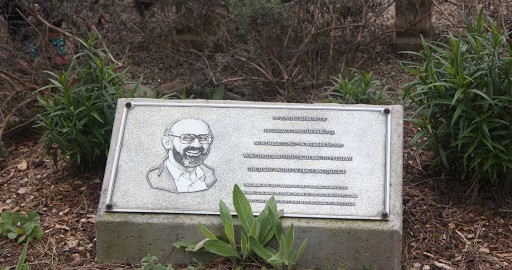
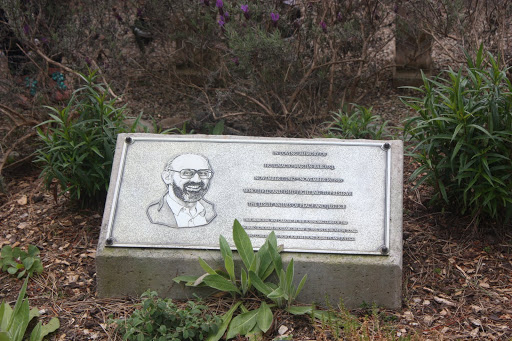
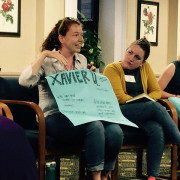
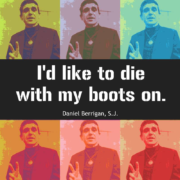
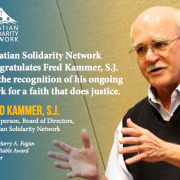
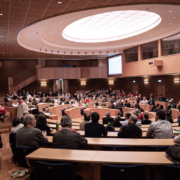
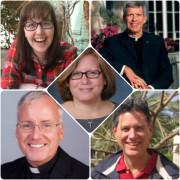
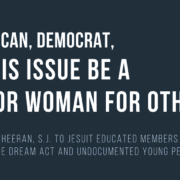



Leave a Reply
Want to join the discussion?Feel free to contribute!